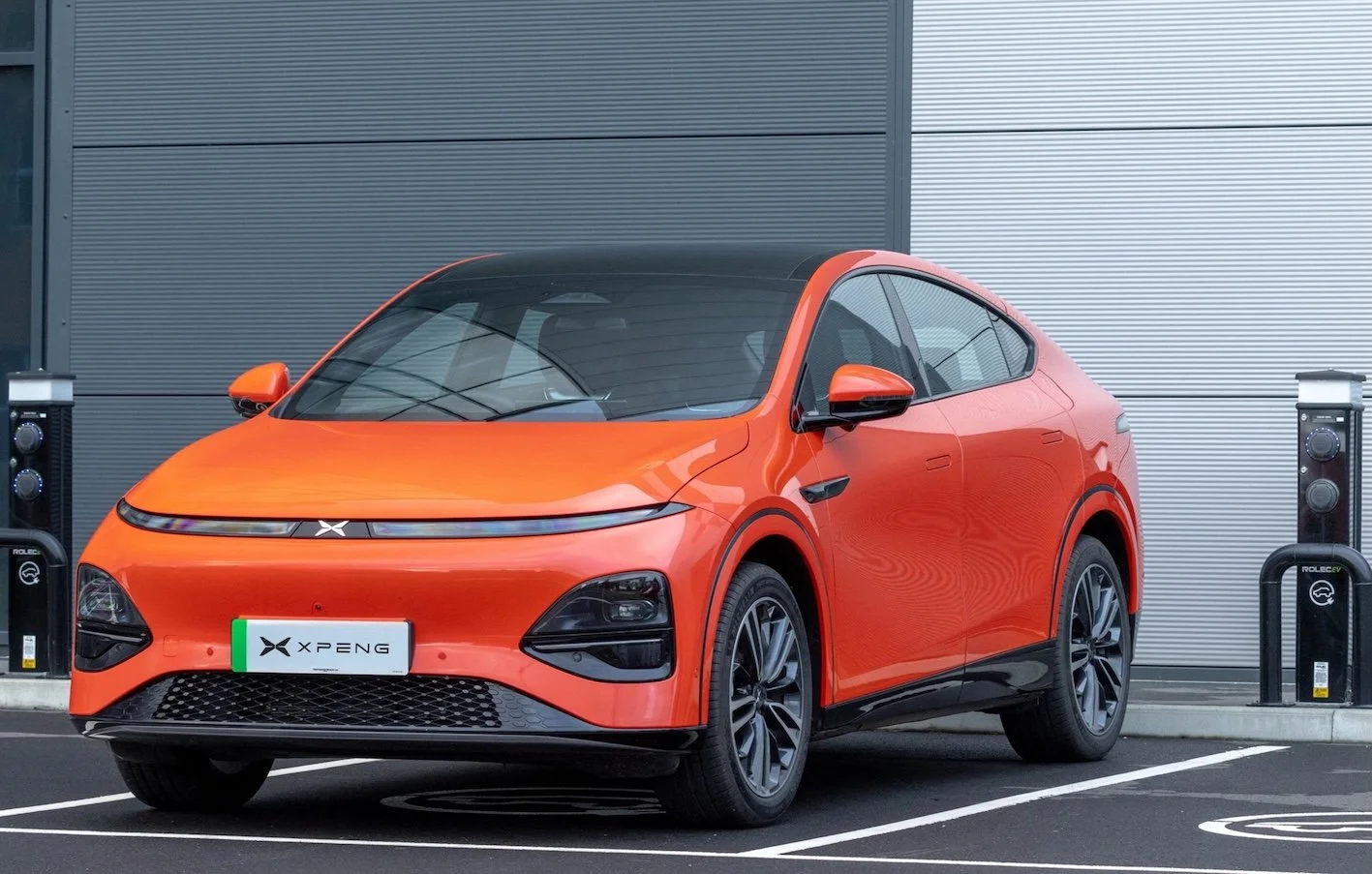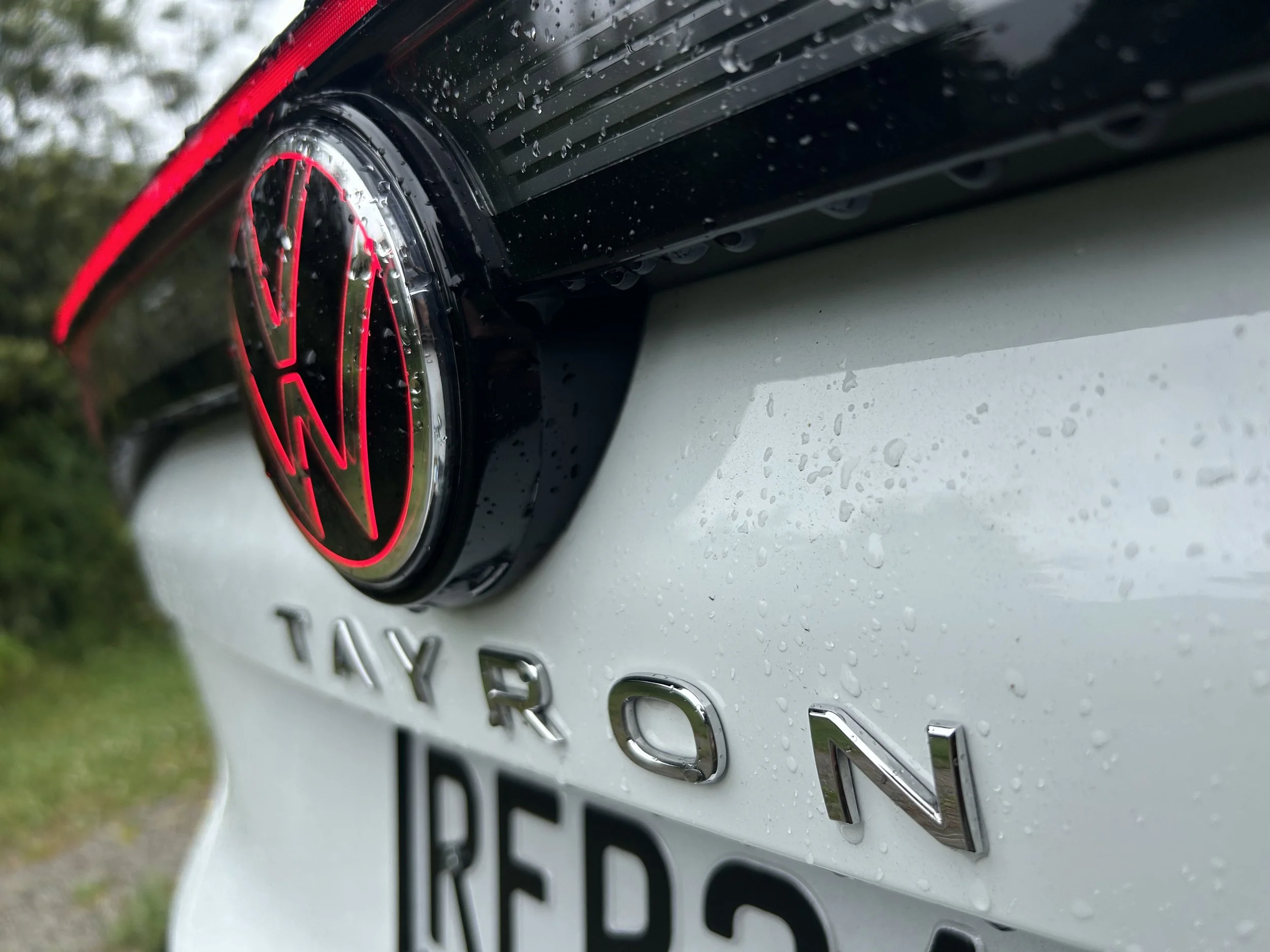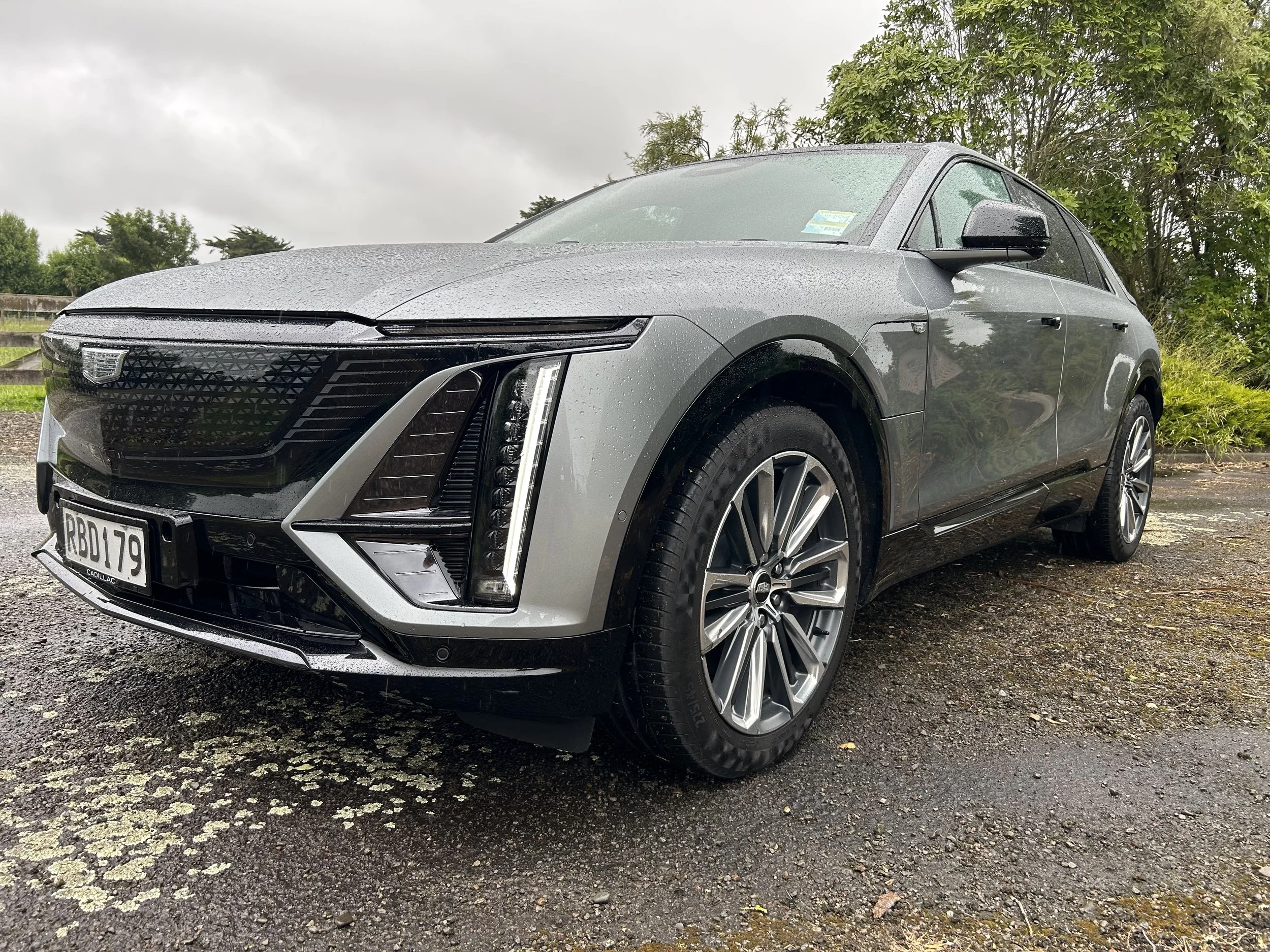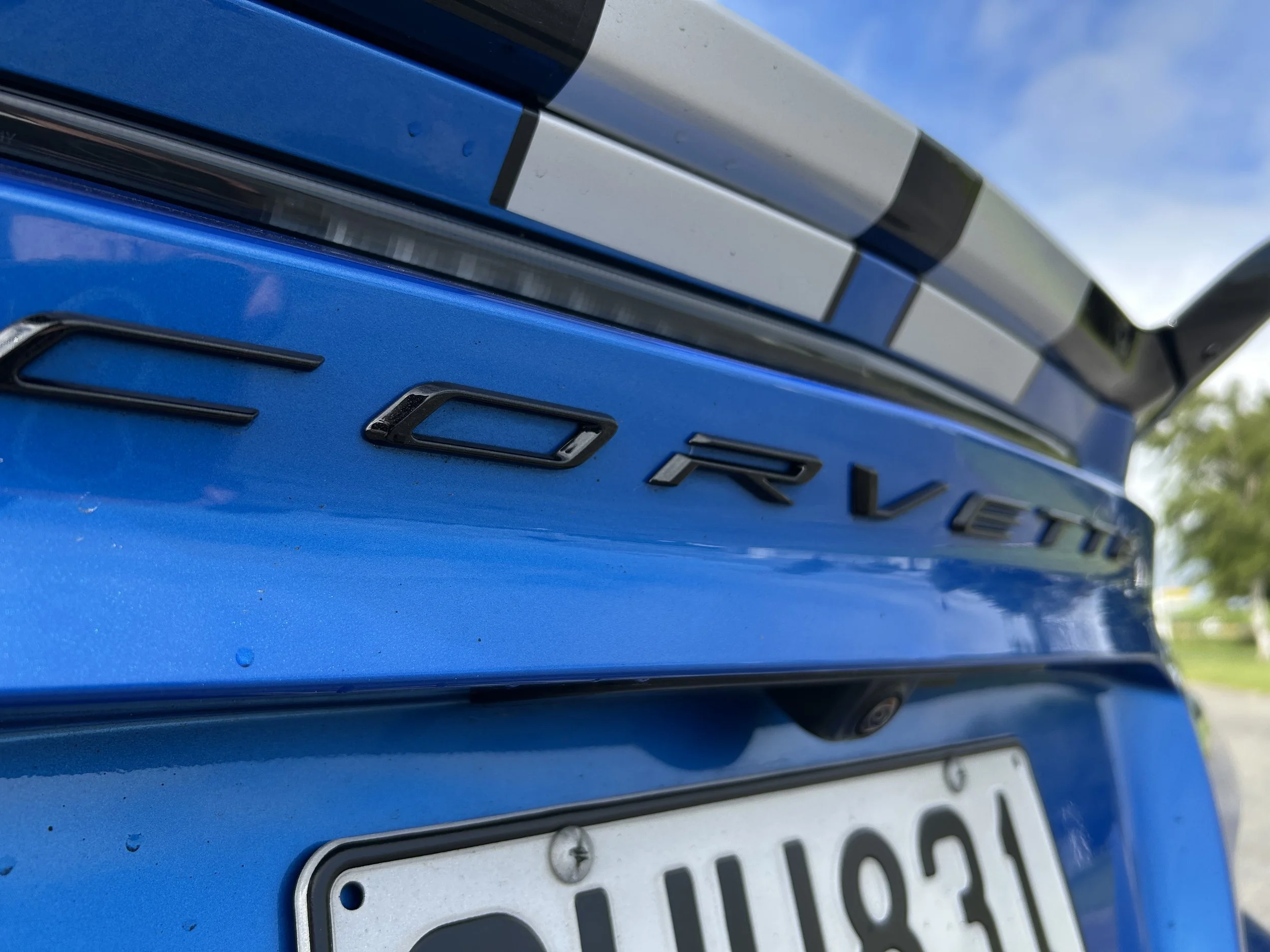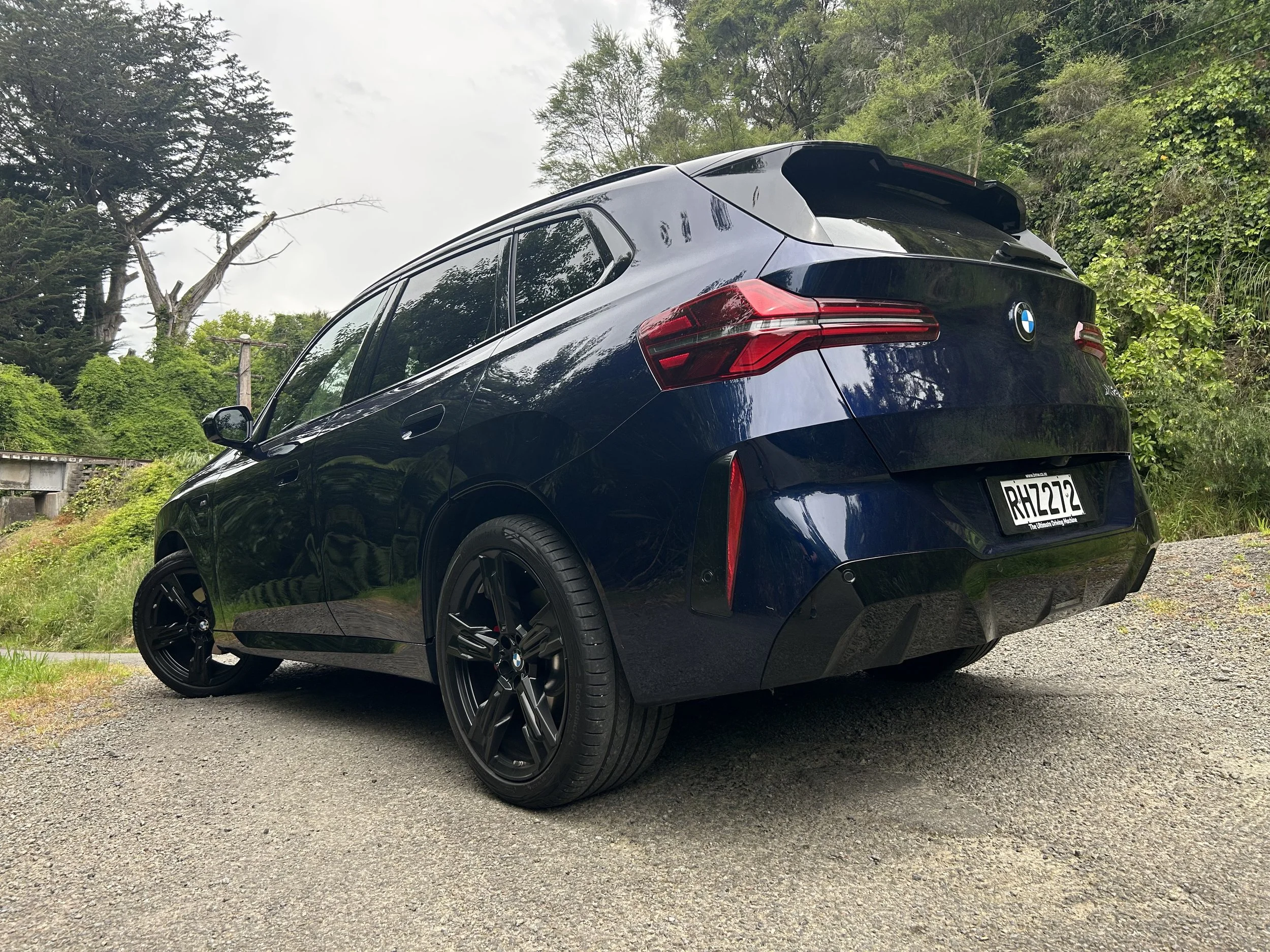LX hybrid would be a go for NZ
/Lexus’ local boss believes next year’s orthodox diesel will resonate yet wouldn’t say no to the big boy going petrol-electric.
AN electric-assisted drivetrain rumoured for Lexus’ just-unveiled LX heavyweight off-roader would be adopted by the local distributor in a flash.
So far just two conventional turbocharged V6 drivetrains – in petrol and diesel – are confirmed for the plush Land Cruiser 300 Series offshoot, fully revealed to the world this week.
Just the LX500d diesel is cited for New Zealand release next year.
Though the hybrid technology that seven in every 10 Kiwi Lexus customers have been buying into this year is not yet being offered in the big lugger, one could be ultimately coming within a couple of years.
Talk overseas, yet to be substantiated by Lexus, is that Toyota’s premium division marque is developing a battery-influenced version of the twin-turbo 3.5-litre V6 petrol going to other markets.
Lexus New Zealand boss Andrew Davis is okay about starting with the twin turbocharged diesel, which appears identical to that in the Land Cruiser, and has not spoken directly about what might ultimately be offered. Yet he agrees the electric assist formula would make sense to his customers.
“LX has a wide variety of uses that push drivetrains and technology so when an electrified option for LX comes available, we will be the first to ask for it,” he said today.
“We are delivering on our objective to lower CO2 and to electrify our range as much as possible but at this stage we do not have a large SUV like the LX available in a hybrid drivetrain.”
Talk about it has been rife for the past year.
Should rumoured outputs of 358kW and 871Nm prove accurate, the electric-assisted unit would deliver more muscle than the unit in which it is based, which makes 301kW and 649Nm in the new LX600, and also outshine the NZ-bound LX500d’s 3.3-litre, which produces 227kW/700Nm.
In the meantime, Davis is happy delivering the biggest and heaviest Lexus in the market purely with a diesel. He doesn’t think this strategy might struggle for good reception.
“I don’t think the opportunity has been missed,” he told MotoringNZ.
“It is more a matter of having the right technology at the right time available to meet NZ customer needs.”
Lexus has yet to share economy and emissions counts for the V6s in their orthodox state but, as the diesel is producing the same outputs in the LX as it does in the LC300, it seems fair to assume it will be lineball with the Toyota’s claimed frugal (for the type) achievements of an optimal 8.9 litres per 100km and 235 grams per kilometre exhaust smut.
Those counts represent a noticeable improvement over the preceding Land Cruiser 200 Series/LX 470, which ran a V8 turbodiesel, and are much cleaner than the petrol V8 LX570 that the LX600 replaces.
Lexus has yet to share the local specification or price, but the previous LX was a big sticker item in selling for $160,400 in diesel and $181,700 in petrol, while the incoming Land Cruiser 300 will span from $124,900 through to $144,990.
This time around the vehicle has more technology and also presents in an F-Sport format that appears to deliver sharper suspension settings and styling revisions, most noticeably the big grille being presented in black rather than as a chromed item, as per the standard model.
Davis says his operation will seek to achieve 100 sales in the first year of sale, a count that will ensure the LX will maintain status as the lowest volume of Lexus’ sports utilities and crossovers.
Even so, he believes the LX500 will strike as being more relevant than the outgoing LX470, on several grounds.
“The diesel variant has an 11 percent reduction in CO2 but an increase in power, so new LX customers are reducing their emissions despite the power increase.
“The diesel variant is also now offered in five and seven seat configurations whereas the previous model was only offered with five seats.”
Davis reiterated that there is no plan to introduce the petrol.
Asked if Lexus NZ ever considered not continuing with LX, he replied: “Our overall objective is to provide a broad model line up with as low a CO2 footprint as possible.
“LX still accounts for 10 percent of our overall sales in New Zealand and the new model reduces CO2 emissions, so is a positive step forward.”







